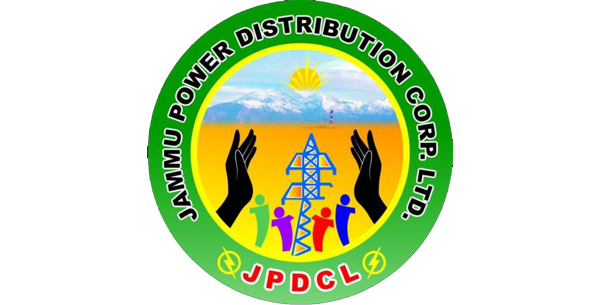The recent decision by the JPDCL to purchase an additional 200 MW of electricity is a much-needed step to alleviate the acute power shortages plaguing the Jammu region. This decision comes in response to a severe heat wave that has exacerbated the electricity demand, resulting in widespread and prolonged power cuts. However, there is an urgent need for a more sustainable and reliable approach to managing the region’s power supply. Even areas equipped with smart metres, which were promised uninterrupted power, have not been spared. The resulting public outcry has manifested in protests and road blockades. The implications of these power cuts extend beyond mere discomfort. The agricultural sector, already strained by erratic weather patterns, is facing significant challenges. Farmers, particularly those preparing for the paddy sowing season, rely on electric water pumps for irrigation. The power shortages have rendered these pumps inoperative, threatening crop yields and, consequently, farmers’ livelihoods. Additionally, the interruption of electricity affects the provision of essential services like drinking water, further compounding the hardships faced by the communities.
The present crisis highlights deeper systemic issues. Unprecedented AT&C losses, limited revenue, a lack of revision of customer loads, and minimal efforts to curb power theft, even in areas with smart meters, have led to the current chaotic situation. Efforts to address power theft are minimal, affecting genuine users who use power judiciously and pay their dues honestly, but still face the same neglect. Despite making ambitious claims annually, JPDCL has consistently failed to resolve the persistent issues. With limited options and resources, JPDCL is unable to proactively manage the situation. Short-term fixes, such as purchasing extra power during peak demand periods, are necessary but insufficient. A comprehensive, long-term strategy is essential to ensuring a stable and reliable power situation. The Jammu region’s power crisis is a call to action for immediate relief and strategic planning. Ensuring a reliable power supply is not just a matter of convenience; it is fundamental to economic stability and quality of life.
Trending Now
E-Paper


